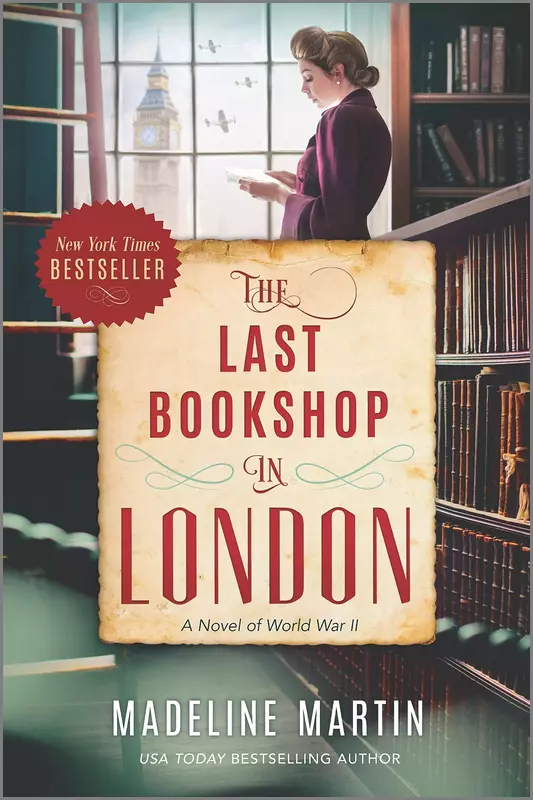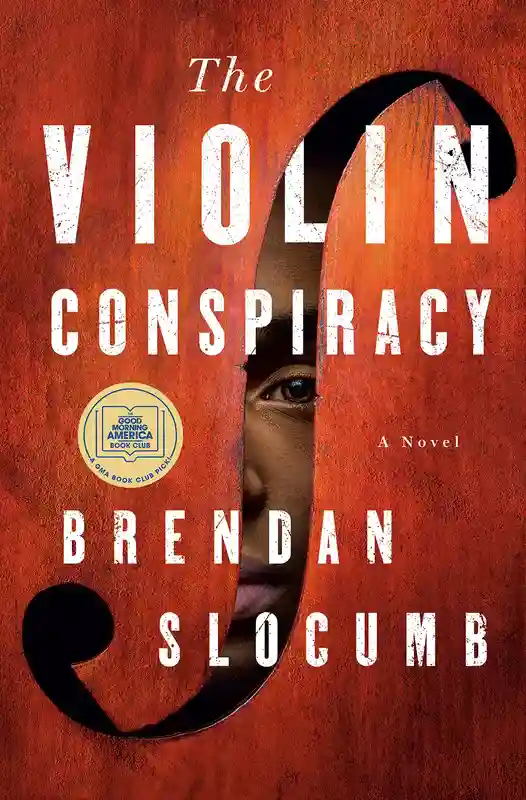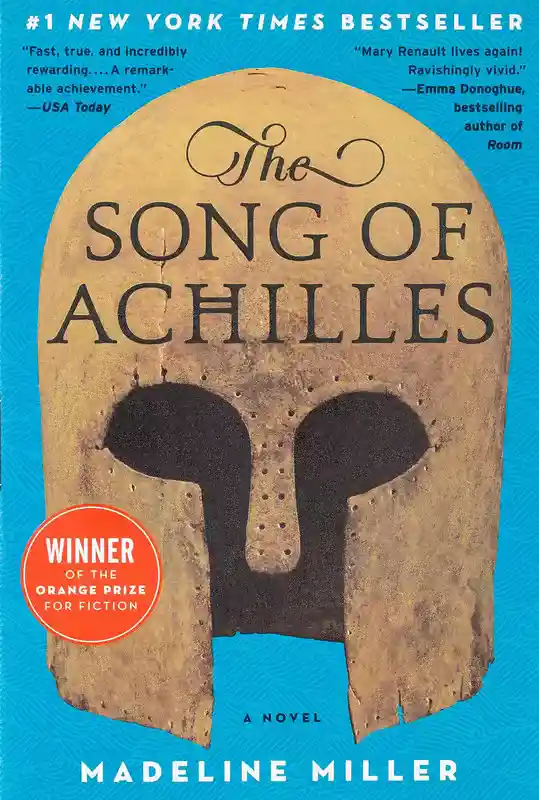This post may contain affiliate links. Read more here.
Book club questions for Surviving Savannah by Patti Callahan invite readers to explore the complex themes of survival, resilience, loss, and hope in the aftermath of a tragic event.
Surviving Savannah, a historical fiction novel by Patti Callahan, follows the story of a group of wealthy women and their enslaved staff who board the Steamship Pulaski in 1838. However, tragedy strikes when the ship explodes and sinks, leaving only a few survivors. The novel explores the survivors’ struggles to come to terms with their grief and trauma, as well as the difficult choices they must make to survive.
How do the survivors’ different backgrounds and societal roles affect their experiences and interactions with each other? How does the trauma of the shipwreck and loss of loved ones shape their perspectives and actions? What role does the institution of slavery play in the story, both as a source of power and as a cause of suffering?
Surviving Savannah delves into themes of resilience, trauma, and human connection in the face of tragedy. As readers delve into the lives of these survivors, they will be compelled to consider the larger questions of power, justice, and the human condition.
Surviving Savannah raises questions about the nature of survival and the various ways it can be manifested. It also explores the value of personal legacy and how it shapes one’s identity. The novel’s historical setting, the tragedy of the Steamship Pulaski in 1838, offers an opportunity to examine the role of women in 19th-century America and how their stories have been historically erased.
From exploring the aftermath of a devastating tragedy to the intricacies of Southern society, there is much to unpack. The novel also touches on themes of survival, friendship, family, and the power of storytelling. So, let’s explore some book club questions for Surviving Savannah!
We hope you will enjoy analyzing the themes of Surviving Savannah with your book club and delving into the complexity of Patti Callahan’s writing. Share your thoughts and insights with us!✨
The Synopsis
It was called “The Titanic of the South.” The luxury steamship sank in 1838 with Savannah’s elite on board; through time, their fates were forgotten–until the wreck was found, and now their story is finally being told in this breathtaking novel from the New York Times bestselling author of Becoming Mrs. Lewis.
When Savannah history professor Everly Winthrop is asked to guest-curate a new museum collection focusing on artifacts recovered from the steamship Pulaski, she’s shocked. The ship sank after a boiler explosion in 1838, and the wreckage was just discovered, 180 years later. Everly can’t resist the opportunity to try to solve some of the mysteries and myths surrounding the devastating night of its sinking.
Everly’s research leads her to the astounding history of a family of eleven who boarded the Pulaski together, and the extraordinary stories of two women from this family: a known survivor, Augusta Longstreet, and her niece, Lilly Forsyth, who was never found, along with her child. These aristocratic women were part of Savannah’s society, but when the ship exploded, each was faced with difficult and heartbreaking decisions. This is a moving and powerful exploration of what women will do to endure in the face of tragedy, the role fate plays, and the myriad ways we survive the surviving.
In love with literature? Try audio books or writing classes
for free for 30 days.✨
Selected Reviews for Surviving Savannah
“Fans of Christina Baker Kline and Kate Quinn will love this beautiful, richly detailed novel about a lost bit of American maritime history. In a seamless blending of fact and fiction, Patti Callahan has created an atmospheric, compelling story of survival, tragedy, the enduring power of myth and memory, and the moments that change one’s life.”–Kristin Hannah
“The stuff of which Oscar worthy movies are made, Surviving Savannah is a masterfully crafted and simply riveting read.”—Midwest Book Review
“The astonishing story of the ‘Titanic of the South’ is brought to vivid life….This tale of survival, love, and loss, as well as Callahan’s epic portrayals of a trio of strong, passionate women, gripped me from the very first page. Simply masterful.”–Fiona Davis
Book Club Questions for Surviving Savannah
The following book club questions have been tailored to this book’s specific reading experience.✨
- What is the significance of the title Surviving Savannah? In what ways do the characters in the novel struggle to survive and overcome adversity?
- The novel weaves together two timelines: one set in 1838 during the tragic sinking of the steamship Pulaski, and another set in present-day as museum curator Everly Winthrop uncovers the story of the ship’s survivors. How does this dual timeline structure enhance the novel’s themes of survival, legacy, and connection across time?
- The novel explores the power dynamics between different social classes and races in Savannah, both in the 19th century and in present-day. How do these power dynamics affect the characters’ relationships and interactions with each other? In what ways have these power dynamics changed or remained the same over time?
- How does the novel use art and creativity as a means of survival and healing? What is the significance of the artwork created by the character Lily in both timelines?
- The novel raises questions about the role of women in society, both historically and in present-day. How do the female characters in the novel navigate and challenge societal expectations and gender roles? In what ways do their experiences and struggles resonate with contemporary issues facing women today?
- The sinking of the Pulaski was a major historical event, yet it was not widely known. Why do you think some historical events are forgotten or overlooked? How can we ensure that important stories like this are preserved and remembered for future generations?
- Family stories and legends can change over time, much like the story of the Pulaski sinking was passed down in Everly’s family. How do these changes impact the way we view our own heritage and history? Can we still learn valuable lessons from stories that may not be entirely accurate?
- The Longstreet family’s decision to travel together on the Pulaski was a risky one, given the dangers of steamboat travel. Do you think their decision was justified or reckless? How does our understanding of risk and safety change over time and in different circumstances?
- Augusta found meaning in her life by cherishing the things she valued most after the tragedy of the Pulaski sinking. How do we find meaning and purpose in the face of tragedy? Are there different ways to approach this process?
- Charles Longstreet’s transformation from survivor to “Red Devil” is a complex and disturbing aspect of the novel. Why do you think some survivors of trauma may go on to harm others? What factors contribute to this kind of behavior?
- Maddox’s statement that not everyone who survives trauma becomes a better person challenges the idea that surviving automatically leads to personal growth. How do we reconcile this with the popular belief that adversity can make us stronger? Is there a danger in assuming that all survivors will have the same experience?
- Savannah is a central character in the novel, and its history and tragedies shape the story. Are there cities or places that hold special meaning for you? How do the places we live and visit shape our experiences and understanding of the world?
- Everly’s work on the Pulaski’s curation helps her to process her own grief and trauma. Can learning about other people’s stories help us to better understand our own experiences? How can we use storytelling as a tool for healing and growth?
- The time period of the novel had a significant impact on the rescue efforts after the Pulaski sinking. How might this story have played out differently in a different time period or with different technology? Are there lessons we can learn from historical events like this to inform our response to disasters and emergencies today?
- The portrayal of enslaved people in the novel raises important questions about race, power, and agency. How does the novel challenge or reinforce our understanding of slavery and its legacy? Are there ways in which we can use literature to explore and confront difficult historical truths?
- Augusta’s decision to choose Charles over Eliza was a devastating moment in the novel. How did this choice impact Charles’ life later on, and what does it say about the nature of survival and sacrifice? How would you have responded in Augusta’s position?
- Everly’s desire to dive despite Maddox’s warning and her subsequent hallucination raises questions about risk-taking and motivation. Why do we sometimes pursue dangerous or risky activities, and what drives us to do so? How can we balance our desire to stay alive with our desire to truly live?
- Everly’s guilt over Mora’s death led her to spiral into grief and isolation. How do you think this guilt affected her relationships with others? Do you think her guilt was justified, or was she being too hard on herself? How might her story have been different if she had been able to let go of her guilt?
- The artifacts recovered from the shipwreck offer a glimpse into the lives of those on board. Which artifact stood out to you the most, and why? How do you think the artifacts help us understand the experiences and stories of the passengers and crew? What can we learn from studying historical artifacts?
- Each of the three women who narrate the novel has a unique story and ending. Which woman’s story resonated with you the most, and why? Did you find any of the endings surprising or unexpected? What did you learn from each of the women’s experiences? How did the different perspectives and voices shape your understanding of the novel?
- What is the significance of the novel’s exploration of the concept of legacy and how it shapes personal identity? How do the characters in the novel grapple with their legacies and what they will leave behind?
- The novel also touches on themes of grief, loss, and trauma. How do the characters in the novel cope with these experiences, and what strategies do they use to survive and move forward?
- The novel ends with a surprising twist. How did this twist impact your understanding of the characters and their relationships with each other? What do you think the future holds for these characters after the events of the novel?
Additional Recommendations
Hope you enjoyed my book club and discussion questions for Surviving Savannah by Patti Callahan!
Here are some more of my book club recommendations:
The Last Bookshop in London by Madeline Martin
“A love letter to the power of books to unite us, to hold the world together when it’s falling apart around our ears. This fresh take on what London endured during WWII should catapult Madeline Martin to the top tier of historical fiction novelists.”
August 1939: London prepares for war as Hitler’s forces sweep across Europe. Grace Bennett has always dreamed of moving to the city, but the bunkers and drawn curtains that she finds on her arrival are not what she expected. And she certainly never imagined she’d wind up working at Primrose Hill, a dusty old bookshop nestled in the heart of London.
Through blackouts and air raids as the Blitz intensifies, Grace discovers the power of storytelling to unite her community in ways she never dreamed—a force that triumphs over even the darkest nights of the war.
The Violin Conspiracy by Brendan Slocumb
Growing up Black in rural North Carolina, Ray McMillian’s life is already mapped out. But Ray has a gift and a dream—he’s determined to become a world-class professional violinist, and nothing will stand in his way. Not his mother, who wants him to stop making such a racket; not the fact that he can’t afford a violin suitable to his talents; not even the racism inherent in the world of classical music.
When he discovers that his beat-up, family fiddle is actually a priceless Stradivarius, all his dreams suddenly seem within reach, and together, Ray and his violin take the world by storm. But on the eve of the renowned and cutthroat Tchaikovsky Competition—the Olympics of classical music—the violin is stolen, a ransom note for five million dollars left in its place. Without it, Ray feels like he’s lost a piece of himself. As the competition approaches, Ray must not only reclaim his precious violin, but prove to himself—and the world—that no matter the outcome, there has always been a truly great musician within him.
The Song of Achilles by Madeline Miller
A thrilling, profoundly moving, and utterly unique retelling of the legend of Achilles and the Trojan War from the bestselling author of Circe
A tale of gods, kings, immortal fame, and the human heart, The Song of Achilles is a dazzling literary feat that brilliantly reimagines Homer’s enduring masterwork, The Iliad. An action-packed adventure, an epic love story, a marvelously conceived and executed page-turner, Miller’s monumental debut novel has already earned resounding acclaim from some of contemporary fiction’s brightest lights—and fans of Mary Renault, Bernard Cornwell, Steven Pressfield, and Colleen McCullough’s Masters of Rome series will delight in this unforgettable journey back to ancient Greece in the Age of Heroes.
Thank you for reading my book club discussion questions and as always, happy reading! ❤️


